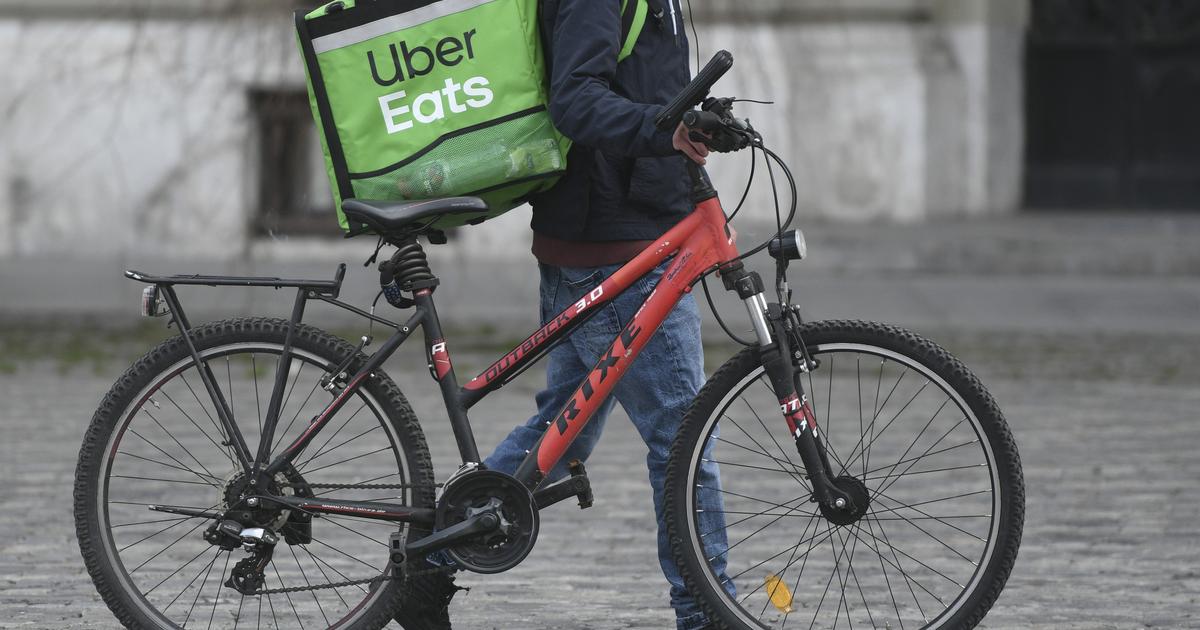Enlarge image
Loss of real wages: More money – and still less chocolate
Photo: Carmen Jaspersen / dpa
Due to high inflation, Germany's employees have less money in their pockets despite wage increases.
Wages, including special payments, were 2.9 percent higher in the second quarter of 2022 than a year earlier, as calculated by the Federal Statistical Office.
However, because consumer prices rose by 7.6 percent during this period, according to the Wiesbaden authorities on Monday, the bottom line was a significant drop in real wages.
The statisticians put the price-adjusted drop in earnings at 4.4 percent.
In the first quarter of the current year, real wages fell by 1.8 percent compared to the same quarter of the previous year.
more on the subject
Money market: Investors are speculating on a large ECB rate hike
Electricity and gas price shock: What relief the government should now decideBy Michael Sauga
Demands for relief: SPD leader Klingbeil wants to "redistribute" crisis profits to low earners
Study by the Hans Böckler Foundation: Inflation hits low-income families hardest
Now the high rate of inflation has once again more than eaten up the increase in nominal wages.
There was a major minus at the beginning of the corona crisis in spring 2020, when mass short-time work hit earnings.
Real wages had already fallen in the first quarter of 2022, albeit significantly weaker at 1.8 percent.
In the current year, inflation has remained stubbornly above the seven percent mark for months, even if there has recently been some relaxation thanks to government relief.
In autumn, however, the trend could worsen again.
On the one hand, further price increases are expected in the energy sector, and on the other hand companies are increasingly passing on their increased costs to consumers via the prices of their products.
In addition, the tank discount and the 9-euro ticket expire at the end of the month;
both measures had a price-dampening effect.
It should continue to be so meager this year
Calculated for the year as a whole, many employees are threatened with a loss of purchasing power.
The wage increases agreed so far do not compensate for the sharp increase in inflation, as calculated by the wage archive of the union-related Institute for Economic and Social Sciences (WSI).
According to the agreements available to date, negotiated wages are likely to grow by an average of 2.9 percent in 2022.
After deducting the expected inflation rate, however, they fall by 3.6 percent in real terms.
"After the negotiated wages increased relatively significantly in real terms in the 2010s, in 2022 many employees are threatened with real wage losses for the second year in a row," said Thorsten Schulten, head of the WSI collective bargaining archive.
A study by the Institute for Macroeconomics and Business Cycle Research (IMK) two weeks ago showed that inflation in Germany is currently having a very unfair social impact.
Accordingly, inflation for low-income families was almost a percentage point higher than the general inflation rate, and a good percentage point lower for high-income singles.
According to the IMK, the reason why households with low incomes are particularly hard hit by inflation is that the currently biggest price drivers – household energy and food – play a particularly important role in their spending.
In this situation, calls for new state aid are becoming louder.
In a draft of the SPD parliamentary group leadership for the closed conference on September 1st and 2nd, a whole package of measures is proposed as to how the burden on citizens can be relieved and the energy supply can be secured.
These include a gas and electricity price brake, the reform of the gas levy that has just been decided, if necessary the state involvement in energy suppliers and direct payments to the poor.
mamk/dpa-AFX/Reuters







